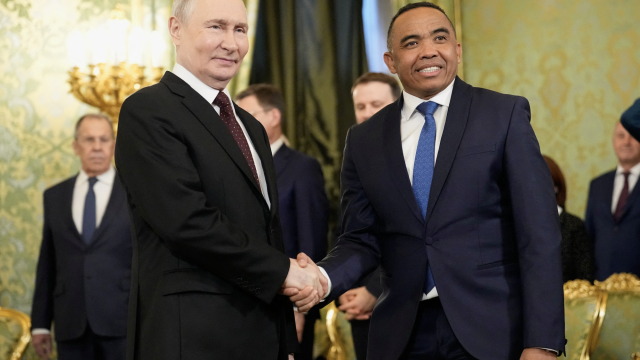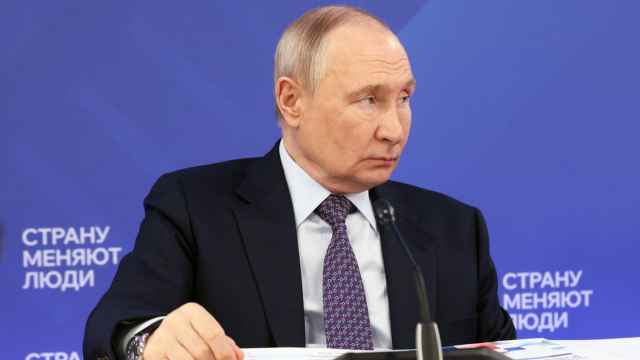The online video market in Russia has seen double-digit growth despite the prevalence of pirated content, thanks in part to recent legislation protecting intellectual property and a huge local appetite for content, according to a report on the sector released Tuesday.
By the time pirate video content is removed from the web, most people will have already watched it, said Yegor Yakovlev, founder of online video provider, Tvigle Media, at the report's presentation.
Despite that, the legal framework provided by the anti-piracy law is appreciated by intellectual property license holders and it plays an integral role in making Russia's online video market one of the fastest growing in the world.
However, the audience does not like to pay for what it watches, according to the report.
"The paid model for content has not been very successful in Russia," the report said. "Only a limited number of viewers are ready to pay for content, while very large amounts of content are available for free on ad-funded sites or via resources with pirated content."
Russia is a "pirate market," Yakovlev said. "People will not pay for something that they are used to getting for free."
While it is not going to change very soon, the recent anti-piracy law, which went into effect Aug. 1, and allows authorities to block websites that offer content infringing on copyrights, is a welcome development, Yakovlev said.
However, there needs to be a clear definition of pirated content and an end to the requirement that puts the onus on IP right holders to contact owners of websites offering pirated content and prove that the material being distributed is actually copyrighted, he said.
IP owners spend days, or even weeks, waiting for the Russian communication watchdog, Roskomnadzor, to react and have a site shut down, Yakovlev said.
Russia has the largest online video audience in Europe, with 60 million unique monthly viewers, watching on average 157 videos each every month, according to the report, entitled "Online Video in Russia'' and was produced by the East-West Digital News agency, in conjunction with comScore, EY, Moscow's High School of Economics and The Next Web.
The market experienced more than 30 percent growth over the last three years and is expected to keep expanding at an average of 18 percent for online video audience and six percent in terms of videos per viewer until 2018, the report said.
Advertisers and investors are starting to realize that conventional television has become a secondary source for video content, and a rapid increase in investment and advertising revenues is expected, Maxim Melnikov of Media 3 investment company said.
The Russian digital content market is estimated to be worth $1.4 billion, with the ad-supported delivery model accounting for most of it. Games account for 97 percent of the market, videos for 2 percent and music and books for the remaining 1 percent.
"The share of online video content is likely to grow in correlation with the legalization of video content on the Internet," the report said.
Contact the author at [email protected]
A Message from The Moscow Times:
Dear readers,
We are facing unprecedented challenges. Russia's Prosecutor General's Office has designated The Moscow Times as an "undesirable" organization, criminalizing our work and putting our staff at risk of prosecution. This follows our earlier unjust labeling as a "foreign agent."
These actions are direct attempts to silence independent journalism in Russia. The authorities claim our work "discredits the decisions of the Russian leadership." We see things differently: we strive to provide accurate, unbiased reporting on Russia.
We, the journalists of The Moscow Times, refuse to be silenced. But to continue our work, we need your help.
Your support, no matter how small, makes a world of difference. If you can, please support us monthly starting from just $2. It's quick to set up, and every contribution makes a significant impact.
By supporting The Moscow Times, you're defending open, independent journalism in the face of repression. Thank you for standing with us.
Remind me later.





